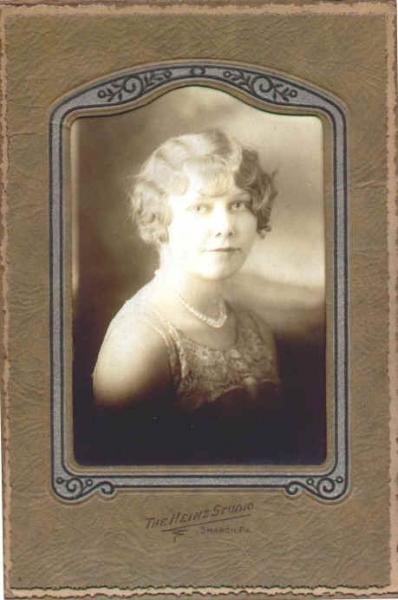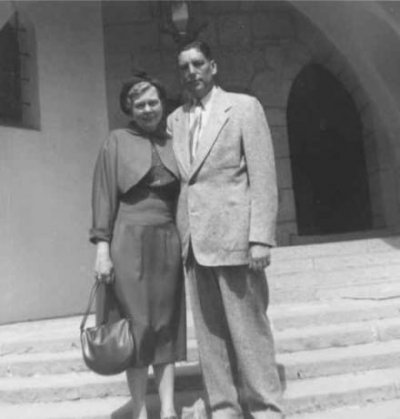Linda0818
Head Chef
Talking about peeling vegetables in another thread got me thinking about the "waste not, want not" (an expression my mom always used to say) attitude when it comes to food. My mom was a young girl during The Great Depression and, knowing my grandmother, my mom was no doubt put to work to help out with kitchen chores and was probably taught by my grandmother how not to waste anything. In fact, my mom told me that after peeling potatoes, they ate the skins of the potatoes as well, tossing them in oil and salt and baking them in the oven until crispy. She said they were a yummy snack for them. Carrot and other vegetable peels would go into soups. Heels of bread would be turned into stuffing, etc.
I suppose when you grow up with that mindset, it never really leaves you. My mom would save things like aluminum foil and now I do the same thing. If the foil from covering food isn't dirty, I'll fold it up and stick it back in the drawer for another use. I'll also reuse zipper bags if they're still in good shape. Some of her little habits rubbed off on me.
How about you? Did you or your parents live through the Depression? What do you do to save things and/or what foods do you reuse again for another meal?
I really enjoy the idea of not wasting food, if I can help it, and turning leftovers into something else instead of throwing them away. For example, leftover mashed potatoes are turned into potato soup or potato pancakes. That's another thing I learned from my mom. And about once a week, we would have what my mom called "CORN night." CORN stood for Clean Out Refrigerator Night and when we would ask what was for supper and she would say "CORN night tonight", we knew what that meant. And we were excited because my mom was a wonderful cook that did amazing things with leftovers, turning them into completely different meals. Even though we lived in a beautiful house in an upper-middle class neighborhood and my parents made very comfortable livings, she never lost that "waste not, want not" mindset. Every summer my mom and dad would plant a large garden chock full of beautiful vegetables and my mom would spend hours in the kitchen canning everything. I used to love helping her snap the beans and shuck the corn. Wandering through the garden picking the vegetables was my absolute favorite thing to do.
Would love to hear your "waste not, want not" practices or even stories you or your parents have from The Great Depression.
I suppose when you grow up with that mindset, it never really leaves you. My mom would save things like aluminum foil and now I do the same thing. If the foil from covering food isn't dirty, I'll fold it up and stick it back in the drawer for another use. I'll also reuse zipper bags if they're still in good shape. Some of her little habits rubbed off on me.
How about you? Did you or your parents live through the Depression? What do you do to save things and/or what foods do you reuse again for another meal?
I really enjoy the idea of not wasting food, if I can help it, and turning leftovers into something else instead of throwing them away. For example, leftover mashed potatoes are turned into potato soup or potato pancakes. That's another thing I learned from my mom. And about once a week, we would have what my mom called "CORN night." CORN stood for Clean Out Refrigerator Night and when we would ask what was for supper and she would say "CORN night tonight", we knew what that meant. And we were excited because my mom was a wonderful cook that did amazing things with leftovers, turning them into completely different meals. Even though we lived in a beautiful house in an upper-middle class neighborhood and my parents made very comfortable livings, she never lost that "waste not, want not" mindset. Every summer my mom and dad would plant a large garden chock full of beautiful vegetables and my mom would spend hours in the kitchen canning everything. I used to love helping her snap the beans and shuck the corn. Wandering through the garden picking the vegetables was my absolute favorite thing to do.
Would love to hear your "waste not, want not" practices or even stories you or your parents have from The Great Depression.
Last edited:




